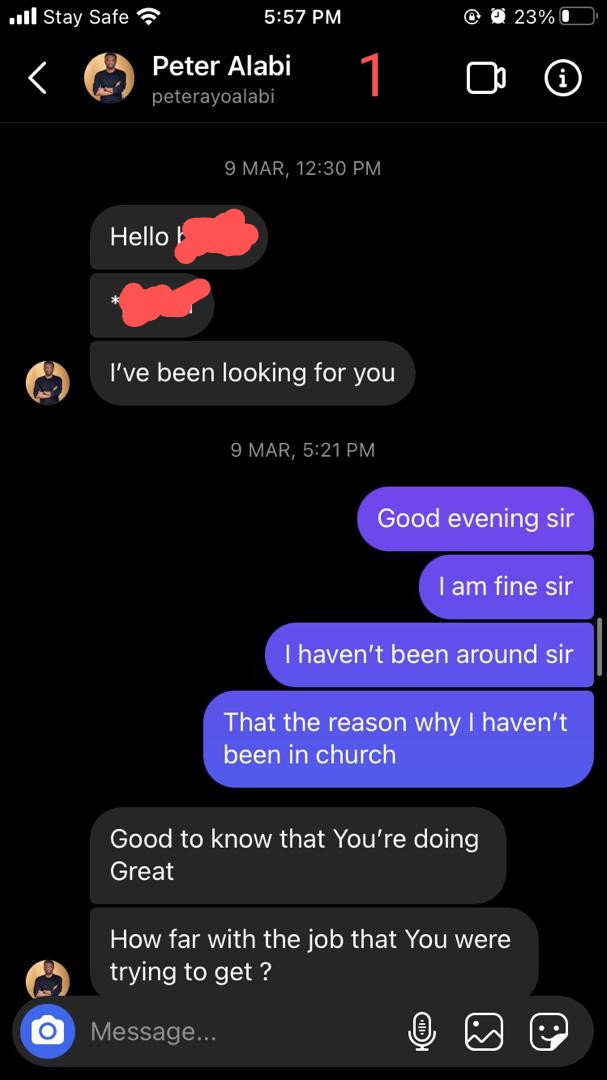At the outset of a trial in one of Trump's lawsuits, Reserve Judge Stephen Simanek says he will not allow anyone to intervene or file friend-of-the-court briefs.
https://t.co/6uBCvEYWAc
Readers are always clamoring for more coverage of arguments about laches.
State officials say Trump should have brought his suit long ago because the election policies in question have long been in place.
Troupis says that's not right.
Troupis says Biden could have asked for recounts in the GOP-leaning counties but didn't.
"The court should do everything to ensure that the will of the voters prevails."
Trump appealed the results of the recounts to Simanek. He says the case is properly before him.
"The real dispute here is whether or not there were erroneous interpretations of law used in the recount," Simanek says.
He says there's no evidence of misconduct or widespread fraud.
He says Trump can appeal.
"It's long standing. I believe it's not prohibited by law," Simanek says.
Clerks are allowed to use one form, instead of two, for that practice, as Trump claims.
People who say they are indefinitely confined becuase of age or disability can vote absentee without showing an ID.
More from Trump
Including election fraud.
@JoshJPhilipp of @EpochTimes
Sometimes they tell us . . but we fail to listen carefully . .\U0001f914pic.twitter.com/VpJbZQwhsj
— Lawyerforlaws (@lawyer4laws) December 16, 2020
You May Also Like
Like company moats, your personal moat should be a competitive advantage that is not only durable—it should also compound over time.
Characteristics of a personal moat below:
I'm increasingly interested in the idea of "personal moats" in the context of careers.
— Erik Torenberg (@eriktorenberg) November 22, 2018
Moats should be:
- Hard to learn and hard to do (but perhaps easier for you)
- Skills that are rare and valuable
- Legible
- Compounding over time
- Unique to your own talents & interests https://t.co/bB3k1YcH5b
2/ Like a company moat, you want to build career capital while you sleep.
As Andrew Chen noted:
People talk about \u201cpassive income\u201d a lot but not about \u201cpassive social capital\u201d or \u201cpassive networking\u201d or \u201cpassive knowledge gaining\u201d but that\u2019s what you can architect if you have a thing and it grows over time without intensive constant effort to sustain it
— Andrew Chen (@andrewchen) November 22, 2018
3/ You don’t want to build a competitive advantage that is fleeting or that will get commoditized
Things that might get commoditized over time (some longer than
Things that look like moats but likely aren\u2019t or may fade:
— Erik Torenberg (@eriktorenberg) November 22, 2018
- Proprietary networks
- Being something other than one of the best at any tournament style-game
- Many "awards"
- Twitter followers or general reach without "respect"
- Anything that depends on information asymmetry https://t.co/abjxesVIh9
4/ Before the arrival of recorded music, what used to be scarce was the actual music itself — required an in-person artist.
After recorded music, the music itself became abundant and what became scarce was curation, distribution, and self space.
5/ Similarly, in careers, what used to be (more) scarce were things like ideas, money, and exclusive relationships.
In the internet economy, what has become scarce are things like specific knowledge, rare & valuable skills, and great reputations.
















